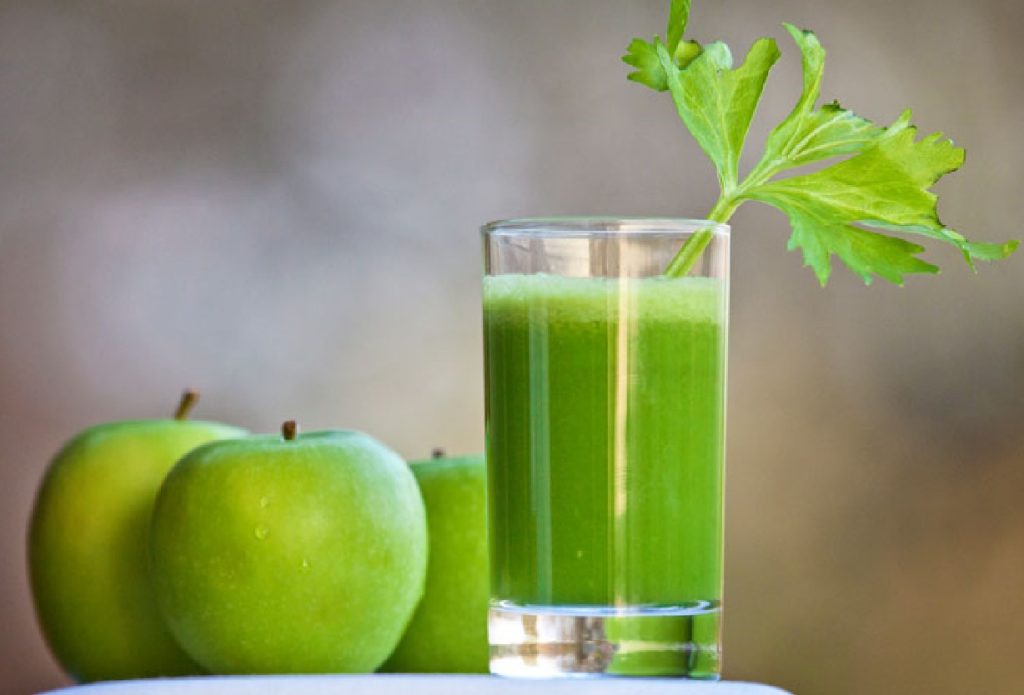We all know that apples have a lot of nutritional value but is apple juice good for hangovers? If you’ve ever suffered from a hangover, you know how awful the feeling of intense nausea is.
Whether it’s due to too much drinking or something else entirely, hangovers are more than just an inconvenience – they can actually be dangerous for your health.

What Is Apple Juice?
Apple juice is a sweet, clear liquid that’s obtained from squeezing or pressing apples. It contains sugars and acids, as well as other substances such as vitamins, potassium and antioxidants that are good for your body.
What Is Hangover?
A hangover is a set of unpleasant physical and mental symptoms that can occur after consuming too much alcohol.
The severity of a hangover can vary depending on factors such as the amount of alcohol consumed, the type of alcohol, and the individual’s tolerance for alcohol.
Some common symptoms of a hangover include headache, nausea, vomiting, dehydration, fatigue, dizziness, sensitivity to light and sound, and difficulty concentrating.
Hangovers can also cause mood disturbances such as anxiety, irritability, and depression.
Hangovers occur as the body tries to process and eliminate the toxic byproducts of alcohol metabolism.
Alcohol is a diuretic, which means it increases urine production and can lead to dehydration. It can also cause inflammation in the body, which can contribute to headaches and other symptoms.
Why Do People Get Hangover?
A hangover is a collection of symptoms that occur after consuming alcohol in excessive amounts.
The severity of a hangover can vary from person to person and can be influenced by a number of factors, including the amount and type of alcohol consumed, the individual’s age, gender, weight, and overall health, as well as the amount of food consumed before or during drinking.
Alcohol is a diuretic, which means that it causes the body to lose fluids through increased urination. This can lead to dehydration, which is a primary cause of many hangover symptoms, including headache, fatigue, and dry mouth.
Additionally, alcohol can cause inflammation in the body, which can lead to aches, pains, and nausea. It can also irritate the lining of the stomach, causing gastrointestinal symptoms such as vomiting, diarrhea, and stomach pain.
Alcohol also affects the body’s ability to regulate blood sugar levels, which can contribute to symptoms such as dizziness, weakness, and shakiness.
Lastly, alcohol affects the body’s ability to get quality sleep, which can leave an individual feeling fatigued and irritable the next day.
Overall, the combination of dehydration, inflammation, gastrointestinal distress, blood sugar fluctuations, and poor sleep quality all contribute to the unpleasant symptoms associated with a hangover.
How Long Is Hangover?
The duration of a hangover can vary depending on a number of factors, including the individual’s age, gender, weight, and overall health, as well as the amount and type of alcohol consumed.
Generally, a hangover will begin several hours after drinking and can last anywhere from several hours to 24-48 hours.
The severity of the hangover symptoms can also vary. Some people may experience mild symptoms such as a headache and fatigue, while others may experience more severe symptoms such as vomiting, diarrhea, and dehydration.
It’s important to note that the only way to truly “cure” a hangover is to allow the body time to recover.
This means getting plenty of rest, staying hydrated, and replenishing nutrients that may have been lost due to excessive drinking. It’s also important to avoid further alcohol consumption until the body has fully recovered.
Is Apple Juice Good For Hangovers?
While apple juice may help to replenish some of the fluids and nutrients lost during a night of heavy drinking, it is not a proven remedy for hangovers. Hangovers are caused by a combination of factors, including dehydration, inflammation, and the toxic byproducts of alcohol metabolism.
Drinking fluids, such as water or sports drinks, can help to alleviate some of the symptoms of a hangover, but there is no magic cure for the condition.
Some people may find that drinking apple juice or other fruit juices helps them feel better after drinking, while others may not notice any difference.
Ultimately, the best way to avoid a hangover is to drink alcohol in moderation or to avoid it altogether.
If you do choose to drink, be sure to stay hydrated and eat a balanced meal before and after drinking to help minimize the effects of alcohol on your body.
Conclusion
So, there you go – no science behind apple juice to help your hangover, but it’s better than nothing.
It’s also worth remembering that when you’re drinking, the likelihood of getting a hangover is already quite high – so if you’re going to drink, just make sure that you remain sober and have a plan for getting home.
If you have any questions about hangovers or other alcohol-related issues, please don’t hesitate to ask! I’ll do my best to answer them…
